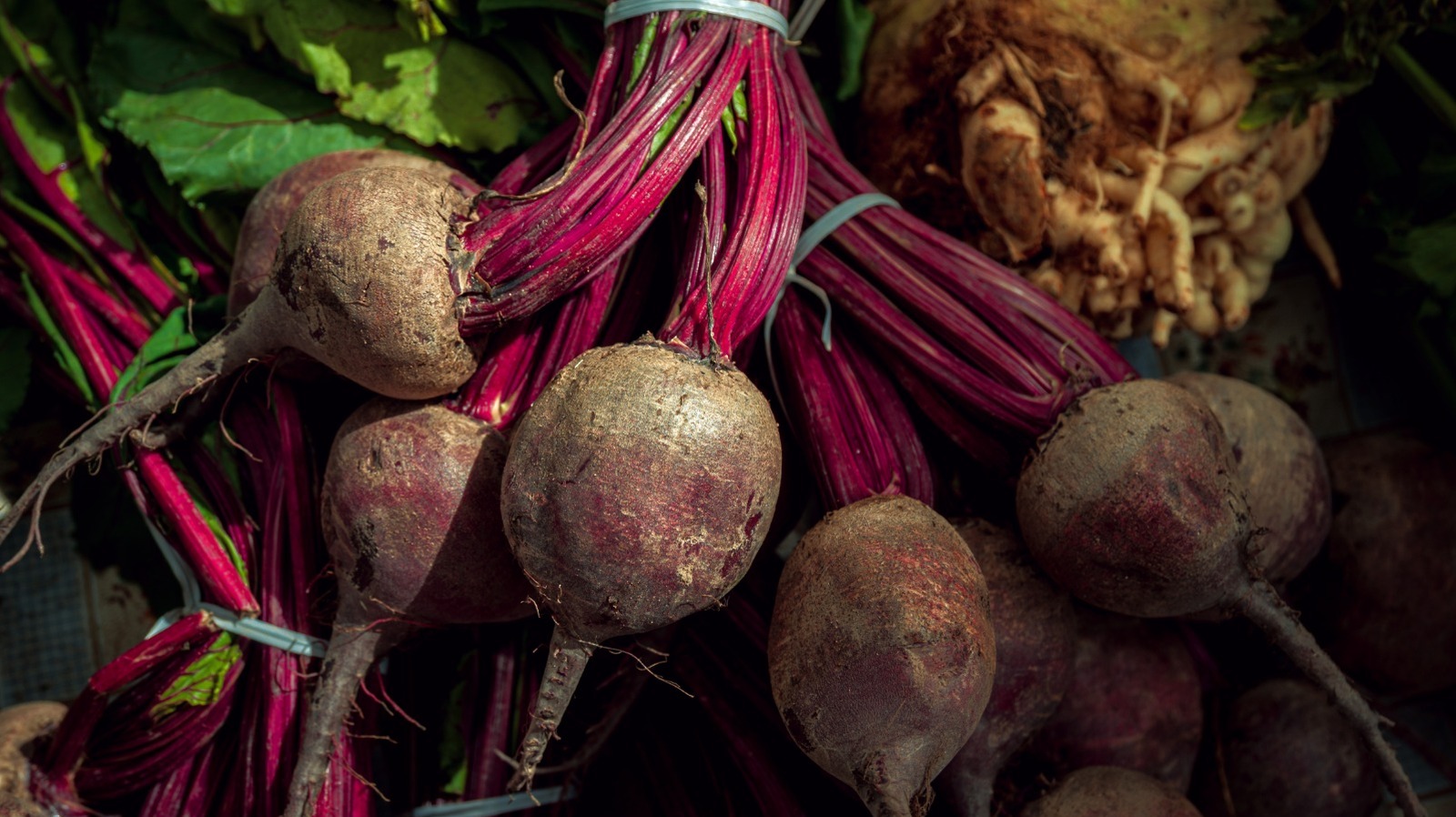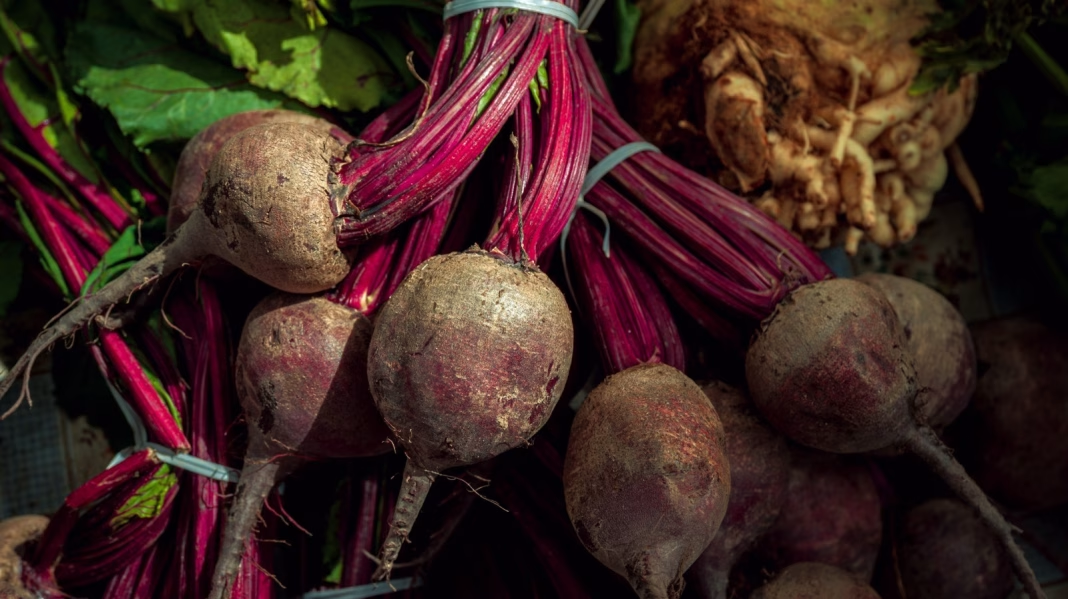Why Are Farmers Filling Tractor Tires With Beet Juice?
If you’ve ever wandered past a farm and spotted a jug of beet juice next to a tractor, you might have wondered what’s going on. No, farmers aren’t prepping for a health craze—they’re using beet juice as a clever solution for a common agricultural challenge: tire ballast. But why beet juice, and what makes it better than the old-school options?
What’s the Real Purpose of Filling Tractor Tires With Liquid?
Tractors are heavy, but sometimes not heavy enough where it counts. When farmers need extra traction—especially in muddy fields or while hauling heavy implements—they add weight to the tires. This process, called ballasting, helps keep the tires firmly planted, reduces slippage, and improves overall stability. Traditionally, farmers have used water, calcium chloride, or even windshield washer fluid for this purpose.
But each of those comes with trade-offs. Water can freeze in cold climates, and calcium chloride, while heavier, is corrosive and can damage both the wheels and the environment if it leaks. Enter beet juice: a solution that’s both practical and surprisingly eco-friendly.
How Does Beet Juice Stack Up Against Traditional Tire Ballasts?
Beet juice isn’t just a quirky alternative—it’s got some serious science behind it. First, it’s denser than water, so it adds more weight per gallon. According to data from the University of Nebraska-Lincoln Extension, beet juice weighs about 11 pounds per gallon, compared to water’s 8.3 pounds. That extra heft means better traction without having to fill the tire to the brim.
But the real kicker? Beet juice doesn’t freeze until temperatures drop to around -35°F (-37°C), making it ideal for farmers in northern climates. Unlike calcium chloride, it’s non-corrosive, so it won’t eat away at the metal rims or harm the soil if there’s a leak. Plus, it’s biodegradable—if it spills, it just returns to the earth.
Is Beet Juice Really Safe for the Environment and Equipment?
One of the biggest concerns with traditional ballasts like calcium chloride is the risk of corrosion and environmental contamination. Over time, leaks can lead to rusted rims and salty patches in the soil, which isn’t great for crops or machinery longevity.
Beet juice, on the other hand, is made from the byproducts of sugar beet processing—a renewable resource. It’s non-toxic, so if a tire bursts, there’s no hazardous cleanup. Farmers who’ve switched to beet juice report fewer maintenance headaches and longer-lasting equipment. In fact, a 2022 survey by the American Society of Agricultural and Biological Engineers found that 68% of respondents using beet juice ballast noticed a reduction in rim corrosion compared to previous methods.
What About Cost and Availability—Is Beet Juice Worth It?
You might assume that something this clever would cost a fortune, but beet juice is surprisingly affordable. Since it’s a byproduct of the sugar industry, it’s widely available in agricultural regions and often less expensive than synthetic alternatives. Installation is straightforward—most tire shops that service farm equipment can handle the job.
There’s also a hidden savings: less corrosion means fewer repairs and replacements down the line. Farmers often see the upfront cost offset by lower maintenance bills and improved fuel efficiency, since better traction means less wheel spin and wasted energy.
Are There Any Downsides to Using Beet Juice in Tractor Tires?
No solution is perfect, and beet juice does have a few quirks. For one, it’s sticky—if you get a leak, cleanup can be a bit messier than with water. And while it’s non-toxic, it can attract insects if spilled in large quantities. Some farmers have also noted that beet juice can be harder to remove from tires if they need to switch to a different ballast.
Still, these are minor trade-offs compared to the benefits. Most users agree that the improved traction, environmental safety, and reduced equipment wear make beet juice a smart choice.
What’s the Bottom Line for Farmers Considering Beet Juice Ballast?
The shift to beet juice in tractor tires isn’t just a passing trend—it’s a practical, sustainable upgrade that’s catching on for good reason. Farmers are always looking for ways to work smarter, not harder, and beet juice fits the bill. It’s heavier than water, safer than salt, and easier on both the land and the machines that work it.
The big takeaway? Farming isn’t about perfection—it’s about smarter adjustments. Start with one change this week, and you’ll likely spot the difference by month’s end.


